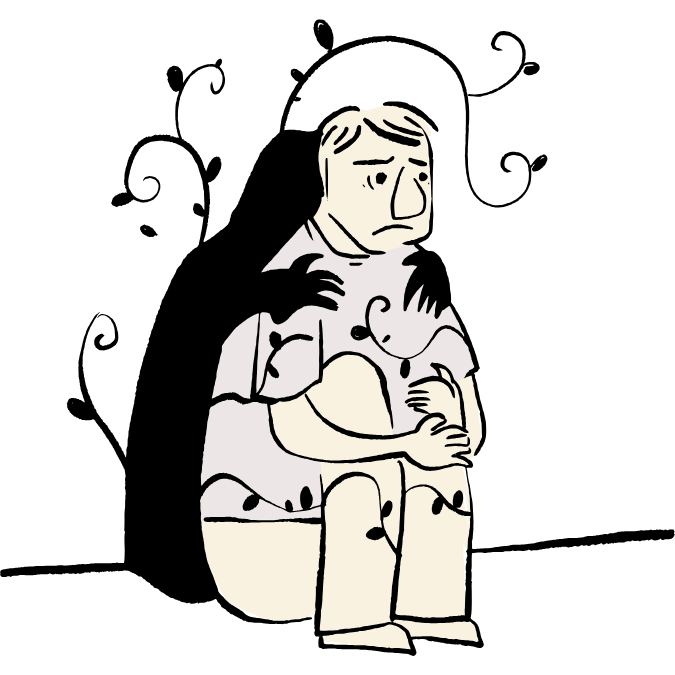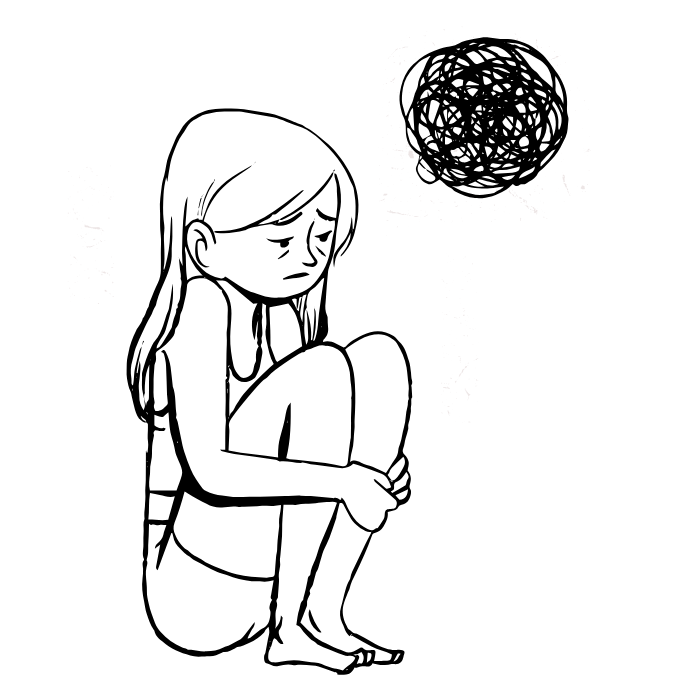Childhood Trauma Therapy in Delhi
Heal the child within, transform the life ahead.
What is Childhood Trauma Counselling?
Healing from the Past for a Healthier Future
Childhood trauma counselling is a focused form of therapy designed to help individuals recover from distressing experiences in their early years, such as abuse, neglect, loss, or exposure to violence. These formative experiences can have a lasting impact on emotional development, relationships, and mental health well into adulthood. Through a secure and compassionate setting, childhood trauma therapy allows individuals to gently explore unresolved emotional wounds, understand their effects, and build healthy coping skills. Experienced therapists use age-appropriate methods like play therapy, talk therapy, and trauma-informed techniques to support emotional healing and resilience. This type of counselling empowers individuals to process emotions at their own pace, rebuild self-esteem, and develop emotional stability. By addressing the root causes of trauma, childhood trauma counselling promotes long-term mental wellness and a more balanced, Enriched life.

Healing Childhood Trauma in Delhi – Compassionate Therapy with Prince Dhawan

Childhood Trauma Counselling in Delhi
Childhood trauma can linger in the shadows, influencing your emotions, relationships, and self-perception long into adulthood. If past wounds are affecting your present, therapy can help you heal and reclaim your emotional well-being.
At Prince Dhawan’s Counseling Practice in Delhi, you’ll find a supportive, non-judgmental space to process and overcome early-life trauma. With extensive and profound experience in childhood trauma therapy, Prince Dhawan combines evidence-based techniques with personalized care to help you heal from within.

Understanding Childhood Trauma
Childhood trauma includes deeply distressing experiences—such as emotional neglect, abuse (physical, emotional, or sexual), loss, family conflict, or exposure to violence—that overwhelm a child’s ability to cope. When unresolved, these experiences can lead to:
Anxiety & depression
Low self-esteem
Trust & relationship difficulties
Emotional triggers & unexplained reactions
Therapy helps you confront these buried emotions, break free from their hold, and build healthier ways of living.
Why Choose Prince Dhawan?
With deep expertise in healing Childhood Trauma, I’ve spent years helping individuals break free from the weight of their past. My therapeutic approach is a unique integration of Astro-Psychology, Psychotherapy, and Psychoanalysis—offering a holistic, insightful, and transformative path to emotional healing.
My Healing Approach
- Inner Child Work
Together, we uncover the deeply rooted emotional anchors of your subconscious—the unhealed wounds of your early experiences. This work gently sets you free from patterns formed in childhood. - Expressive Therapy
A powerful blend of psychoanalysis and psychotherapy, this method uses creative and expressive mediums to release emotional entanglements, giving you tools to process and regulate overwhelming feelings. - Mindfulness & Present-Centered Living
By understanding the habitual tendencies of your mind and its conditioned patterns, you’ll learn to stay grounded in the present, rather than lost in the past. This is a slow and steady shift toward clarity, emotional balance, and fulfilment. - Cognitive Unwiring
Through specific cognitive practices, you’ll be guided to let go of your past, embrace your present, and consciously shape your future—centered around the powerful principle of Free Will. - Each session is personalized, evolving with your needs and progress, ensuring your healing journey is both purposeful and empowering.
What Sets My Practice Apart
- Integrative & Non-Traditional
I blend ancient wisdom with modern psychological frameworks—creating a unique, effective, and non-mainstream approach to healing. - Safe, Nonjudgmental Space
I provide an environment where you can express freely—without fear, shame, or judgment. - Consistent & Compassionate Support
I’m deeply committed to your healing process and remain available and supportive throughout our work together. - Solution-Focused
My goal is not just to offer temporary relief, but to help you create sustainable emotional freedom and clarity.
Take the First Step Toward Healing
If past pain is weighing you down, you don’t have to face it alone. Whether you’re struggling with self-doubt, emotional triggers, or strained relationships, therapy can help you find clarity and resilience.
Begin your healing journey today. Reach out to schedule a session and move toward emotional freedom.
FAQs About Childhood Trauma Therapy
If past experiences are affecting your emotions, relationships, or self-worth, therapy can help uncover and address these deep-seated wounds.
It varies—some notice shifts in weeks, while others benefit from longer-term support. Your pace is respected.
Yes, virtual sessions can be just as impactful when conducted in a consistent, private setting.
Absolutely. All sessions are strictly confidential.
Of course. While the focus is on healing trauma, your present concerns are always welcome in sessions.
How My Process Works
Fill out our form
Begin the counselling process by completing a simple form, which is conveniently accessible on our website. You can also find it in an email after clicking the "reach me" or "schedule a meeting" button.
Book Your Counseling Session
After receiving your form, we will promptly contact you to discuss and schedule either a virtual or an in-person counselling session, depending on your preferences and needs.
Experience Your Growth
As you continue with the counseling sessions, you will find that you are able to overcome the difficult situation and also experience your growth. You will be able to lead a meaningful and happier life.
